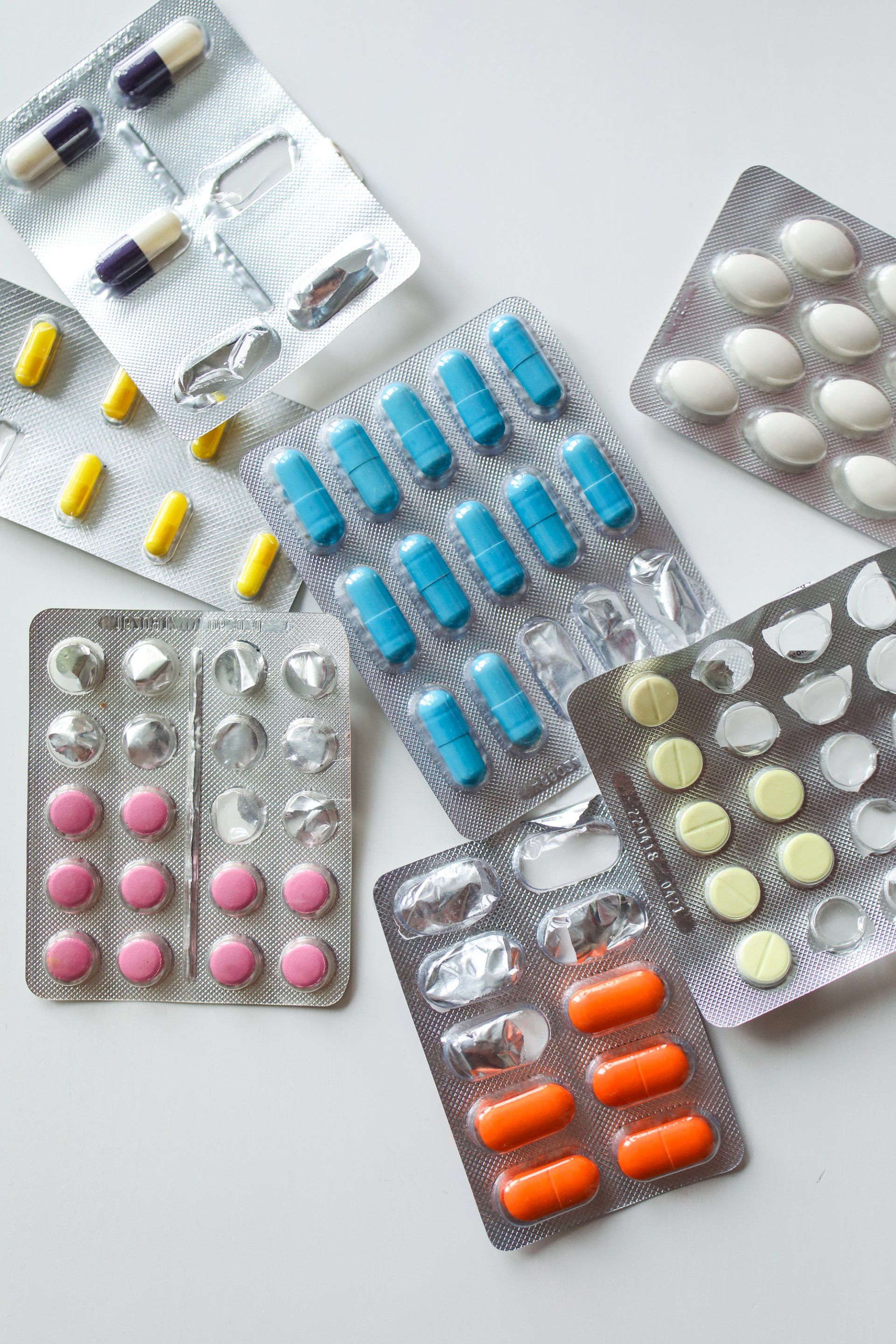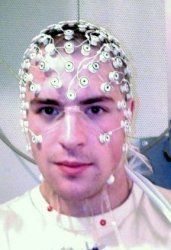Release the Endorphins
Welcome to the Placebo-World.com blog, where we bring together articles relating to explore objectively the pros and cons of the placebo effect. Amongst other things we will be reviewing research and looking at some surprising examples of how the placebo effect is being used.

By Placebo World
•
04 May, 2023
Open water swimming is all about swimming in lakes, rivers and the sea, rather than at a swimming pool. It can be an invigorating and exhilarating experience, but it also has many health benefits that are unique to this type of activity. We explore here some of the reasons why open water swimming is good for your health and how the placebo effect may play a role in enhancing its positive effects.

By Psychology Today | Peter Silverstone MD
•
18 Nov, 2022
The reported benefits of microdosing include improvements in one's overall sense of well-being, greater ability to focus, increased energy level, improved mood, less anxiety, and increased creativity. With potential benefits like those, it is not a surprise that many are using psychedelics.
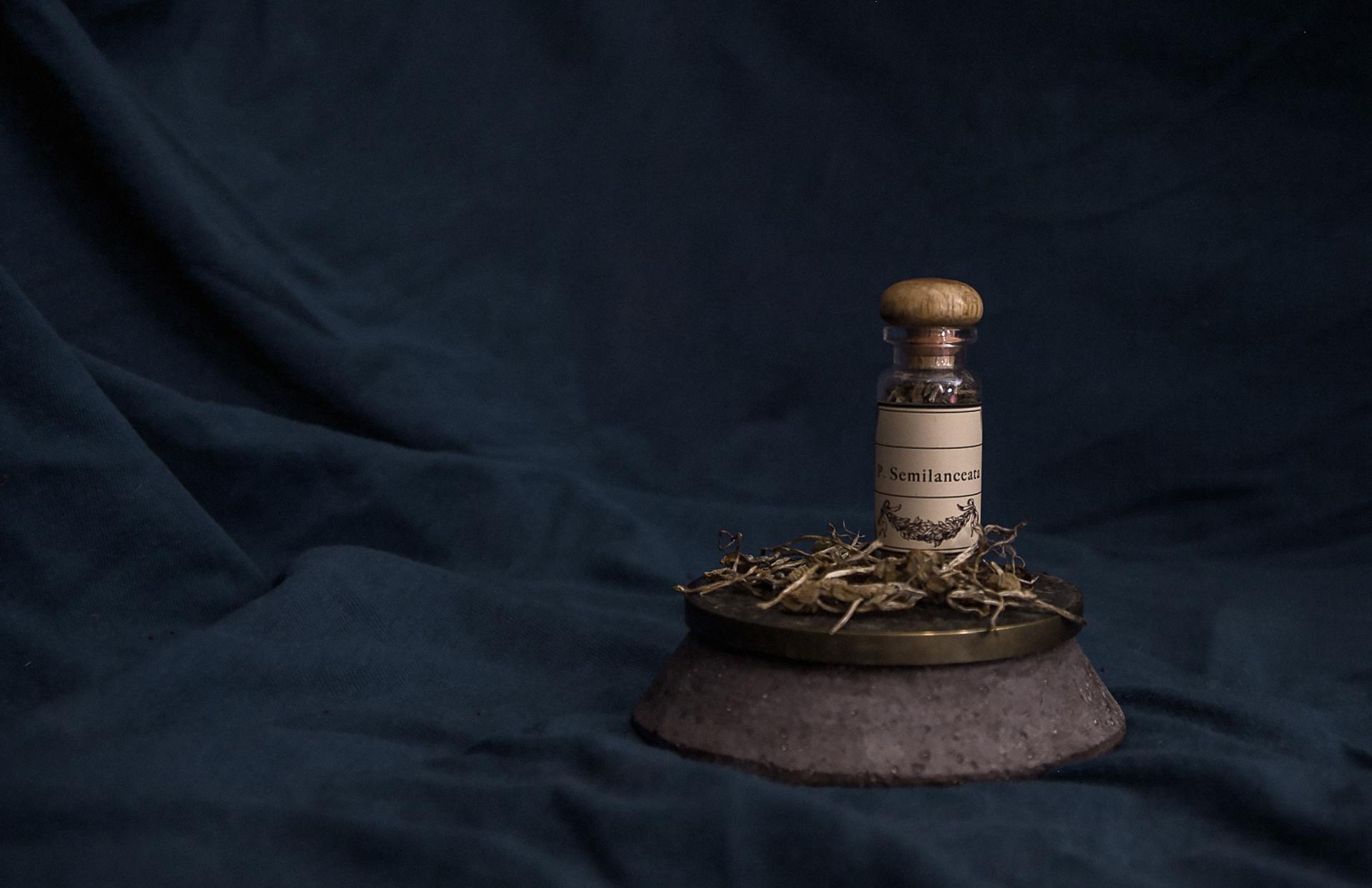
By Trending Desk | News18.com
•
02 Jan, 2020
The scientific jury may still be out on its efficacy but few would dispute the popularity of homeopathy in India and many other countries. As the world celebrates World Homeopathy Day on April 10, did you know that German physician Samuel Hahnemann created the alternative system of medicine nearly 200 years ago out of disillusionment with medical practices of his era? Born on 10 April 1755 near the German city of Dresden, Hahnemann started practising as a doctor in Saxony in 1781 after finishing his medical studies with honours. His thesis was titled ‘A Dissertation on the Causes and Treatment of Spasmodic Diseases.’ Disillusioned with bloodletting and other medical practices of his era, Hahnemann quit his job just three years later to work as a translator—he is said to have been proficient in proficient in several languages, including English, French, Italian, Greek and Latin— of scientific and medical textbooks. Hahnemann began to research cinchona's effect on the human body by self-application after he came across the claim in William Cullen's A Treatise on the Materia Medical that the Peruvian tree bark was effective in treating malaria because of its astringency. He concluded that the drug could induce malaria-like symptoms in any healthy individual and eventually came up an alternative system of medicine which he named Homeopathy in an 1807 essay based on his “like cures like” doctrine. “In other words, something that brings on symptoms in a healthy person can — in a very small dose — treat an illness with similar symptoms. This is meant to trigger the body’s natural defenses,” according to an article on Webmd.com. At best a placebo effect? Homoeopathy’s efficacy remains disputed in the West. A 2015 assessment by the Australian government’s National Health and Medical Research Council concluded that there is no “reliable evidence that homoeopathy is effective for any health condition.” In 2017, England’s National Health Service (NHS) asked doctors not to hand out prescriptions for homoeopathic treatments, described by NHS chief executive Simon Stevens as “at best a placebo” and “a misuse of scarce NHS funds”. In fact, the NHS just last week announced that Homeopathic treatments will be blacklisted after it emerged that doctors were still issuing thousands of prescriptions a year. Popular treatment in India Not in India through which is hosting a two-day convention to mark the day. “Homeopathy is one of the most popular medical systems in India, in fact, a close second among the AYUSH (Ayurveda, Yoga and Naturopathy, Unani, Siddha and Homeopathy) services. There are growing numbers of users, practitioners, educational institutes, as well as public health clinics, compared to the AYUSH systems in India. Academic homoeopathy institutes comprise 35.8% of AYUSH colleges, while homeopathy practitioners are 37% of the AYUSH in total. Our country has the biggest drug manufacture and traders’ sector in Homoeopathy, according to the Ministry of Ayush’s Central Council for Research in Homeopathy. India's annual market size for Homeopathy is 516.9 million US dollars, according to media reports quoting industry experts. PW's comment It seems extraordinary that a cash strapped NHS would retract from homeopathic treatments that they describe as "at best a placebo" knowing that 1) The cost of homeopathic treatments are vastly cheaper than many MHRA approved drug treatments and 2) (Maybe they don't know this) that placebos work for a good proportion of the population.

By Journal of Psychotherapy and Psychosomatics | Medical Express
•
15 Apr, 2019
A new study published in the current issue of Psychotherapy and Psychosomatics sheds new light on long-term studies with antidepressant drugs. The higher occurrence of relapse in the groups assigned to placebo instead of drug continuation may be due to the studies not considering the potential occurrence of withdrawal syndromes. In this first systematic review of psychotropic drug discontinuation in randomized-controlled trials (RCTs), about 30 percent of RCTs each investigated the discontinuation of antipsychotics, antidepressants, benzodiazepines, and about 10 percent investigated that of stimulants. RCTs of stimulants, antidepressants, and antipsychotics mostly aimed to reach conclusions about relapse prevention by testing abrupt or rapid discontinuations. RCTs of benzodiazepines mostly aimed to reduce drug use by testing longer-lasting, supportive discontinuations. Although the 30 percent rate of full industry funding of RCTs is half that of an earlier finding, 70 percent of RCTs in this review reported significant industry participation. A first result showed that industry participation was paired with "discontinuation" in antidepressants and antipsychotics trials, but with " withdrawal " in stimulant trials. Benzodiazepines trials, with little industry funding, largely used "withdrawal." The preferential use of "withdrawal" in benzodiazepines and stimulant RCTs may indicate a persistent recognition of withdrawal symptoms that has resisted industry influence on terminology. Overall, in 67 percent of RCTs, no justification was given for the specific discontinuation strategy, which lasted under 2 weeks in 60 percent of RCTs. Possible withdrawal confounding of trial outcomes was addressed in 14 percent of eligible RCTs. Relapse prevention RCTs employed discontinuation to reach conclusions about "maintenance of treatment effect," yet, except in stimulant RCTs funded by industry, rarely explained the logic. The study is commented by a leading Harvard psychopharmacologist, Ross J. Baldessarini, who calls for new, appropriately designed studies. Dr. Baldessarini points out that the effects of discontinuing treatment with psychotropic drugs , encountered in both clinical and therapeutic trials, raise important clinical and possible ethical concerns. Available research designed to test for the impact of various rates of discontinuing psychotropic treatments is rare, inconsistent, and inconclusive with respect to early withdrawal reactions commonly encountered with short half-life SSRIs and venlafaxine. Not investigating these issues, could compromise the scientific soundness of research, especially in trials that involve discontinuing a previous or current active treatment to a placebo. Indeed, trials involving discontinuation of an effective treatment are especially likely to produce exaggerated differences in morbidity between continuing treatment versus discontinuing it to an inactive placebo. According to Dr. Baldessarini, these findings highlight the need to recommend discontinuing psychotropic medicines as slowly as possible as we await adequate investigations aimed at testing for ways of conducting drug discontinuations.
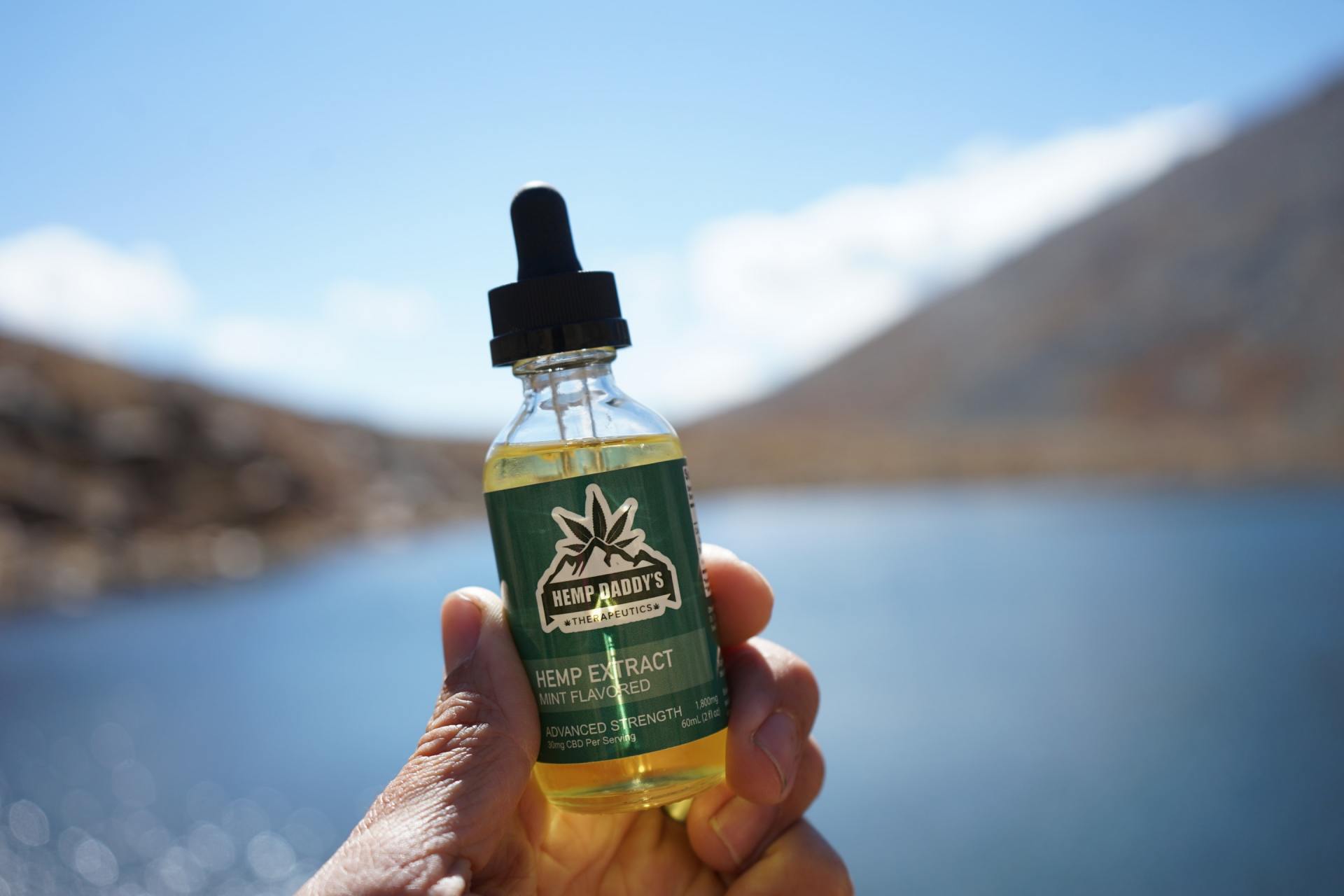
By Liam Niemeyer | ReSource
•
15 Apr, 2019
“We took a huge risk, to be perfectly honest, because we didn’t know. We weren’t trying other people’s CBD products that were out there,” Bluegrass Hemp Oil Co-owner Adriane Polyniak, said. Polyniak’s son, Colten, began inexplicably having violent seizures in 2009 when he was three. He was diagnosed with idiopathic generalized epilepsy. “Essentially what that means is that he went from zero seizures to hundreds of seizures in a week, and the doctors didn’t know what was causing it,” Polyniak said. “We started a game called ‘pharmaceutical roulette’ — a lot of epilepsy parents are familiar with it — where we try a lot of different types of epilepsy medication to bring seizure relief to our kids.” The various prescription drugs controlled Colten’s seizures but caused harmful side effects including hair loss, weight gain, and cognitive delay. Adriane’s family saw on online forums that CBD might be of help for seizures. CBD, also known as cannabidiol, is a compound commonly sourced from the flowers of hemp, a type of cannabis related to marijuana. CBD doesn’t get a user intoxicated, unlike the better known cannabis compound, THC. CBD is commonly put into oils and lotions, but some novelty products like CBD in water and vaping CBD have recently been put on the online market. When Kentucky began growing hemp under a pilot program in 2014, Polyniak’s family tried it. And she said it worked: Colten’s seizures disappeared. The Polyniaks now want their business to help others with what they say are benefits from CBD. “I think a lot of people are seeing relief with CBD products, and I think it goes a long way to prove the efficacy of what’s going on and what people are saying,” Polyniak said. People across the country say CBD is helping them with a wide variety of issues including sleep problems, mental illness, arthritis, skin conditions, Crohn’s disease, and more. But there is little to no scientific evidence to support these claims. Clinical researchers in the Ohio Valley say there’s still not a lot known about the substance, and some express concern that the CBD business boom is moving faster that the scientific research. Lacking Research “I think there’s a lot of concern amongst physicians, medical providers and research scientists like myself, that we’re moving too fast without proper evidence or information,” said Dr. Anup Patel, Section Chief of Pediatric Neurology at Nationwide Children’s Hospital in Columbus, Ohio. Dr. Patel has been involved in several studies in the past five years to look at CBD’s effect on various forms of epilepsy. The promising results of those preliminary studies led to a more intensive, groundbreaking study in 2018, where he worked with patients who have a severe form of epilepsy called Lennox–Gastaut Syndrome. The study results showed patients saw a median reduction in seizures of more than 40 percent. Months later, the Food and Drug Administration approved the first CBD-sourced drug, Epidiolex, because of that study. It remains the only FDA-approved CBD drug. “There is potential benefit for certain types of patients with seizures or epilepsy. Beyond that, we have no idea. There aren’t any good studies using CBD in other areas,” Dr. Patel said. Dr. Patel is referring to the current lack of “double-blind” studies , which are considered the most legitimate among researchers. Double-blind studies are where both the researcher and patients don’t know who is and who is not receiving the drug being studied. This helps control for the placebo effect , a phenomenon where an individual may experience benefits because of their belief in a treatment, not because the treatment is actually working. Dr. Alex Straiker, an Indiana University professor whose primary focus is studying cannabinoids’ effects on the brain and eye, is one of many researchers who think the hype and media coverage surrounding CBD could contribute significantly to the placebo effect. “There’s a lot of enthusiasm on one hand, from the public and manufacturers, to market this. It’s kind of a bonanza mentality,” Dr. Straiker said. “The whole process of science is that you have to have multiple studies, and they have to be well done. A lot of [the claims] you have to take with a grain of salt.” Studies Underway In the meantime, researchers worldwide are getting busy. Human trials, some of them double-blind, are being conducted to determine CBD’s effects for a variety of issues , from cancer therapies to Parkinson’s disease. Some preliminary CBD research has shown promising results toward CBD’s potential anti-inflammatory properties and how it affects brain chemistry, helping people with issues including anxiety disorders , rheumatoid arthritis and quitting tobacco . Yet research on CBD’s potential side effects is also surfacing: a recent Indiana University study that Dr. Straiker led indicated that CBD could increase the risk of glaucoma. West Virginia University dermatologist Zachary Zinn helped conduct one of these new studies. His study looked at CBD’s effect on three patients suffering from a rare skin condition called epidermolysis bullosa that causes severe blistering and extreme pain. “The improvements the patients noted was marked,” Zinn said. “It wasn’t, ‘Oh, I’m having a little less pain.’ It was, ‘I no longer require morphine for my dressing changes.’” Zinn thinks CBD is relatively safe to ingest in small doses, and he’ll tell patients that if they inquire about it. But he isn’t actively recommending it to patients because there’s still little clinical research. “To think that it’s going to be a wonder drug for all the things patients are reporting, that benefit in, is probably not going to happen,” Zinn said. “That doesn’t necessarily mean it’s not effective, but it equally does not mean that it is effective.” Pushing Forward The expanding Ohio Valley hemp industry is pushing forward despite a lack of scientific backing. Roger Hayes of Louisville-based Green Remedy , a CBD product wholesaler, said clinical studies matter to verify their products’ value. Like other CBD companies, Green Remedy doesn’t make any claims about CBD’s effects because they’re not approved by the FDA. But he said the company doesn’t necessarily need clinical studies or the FDA’s approval to be confident the products work. “The [studies] on what the therapeutic effects are going to be, that takes years,” Hayes said. “America doesn’t need to wait that long to determine that something that has been around for thousands of years that people take for various reasons — we shouldn’t have to wait that long.” Many in this expanding industry, including Hayes, want the federal government to hurry up with regulation, regardless of studies. The FDA said in December that CBD in food products is still illegal without FDA approval. Ohio stores selling CBD food have been raided . Kentucky Agriculture Commissioner Ryan Quarles is one state government official in favor for approval of CBD-infused food because of the boost it could give to regional hemp farmers. “We don’t want to regulate hemp to death in America now that it’s finally legal,” Quarles said. “Because a lot of folks are making investments right now, we’re hoping CBD can be marketed as a healthcare supplement.” Yet some in the industry are more hesitant. Matthew Smith is a licensed massage therapist in Parkersburg, West Virginia, who uses CBD oil to ease muscle pain and arthritis in his clients. “Anecdotally, there’s a lot of people that it’s helped,” Smith said. “It is possible that we’ll find that it’s overblown, or that there are a lot of cofactors that go into making it more useful, or making it more safe. There’s still a lot of science to be done.” The first FDA public hearing on CBD-infused food is scheduled for late May.
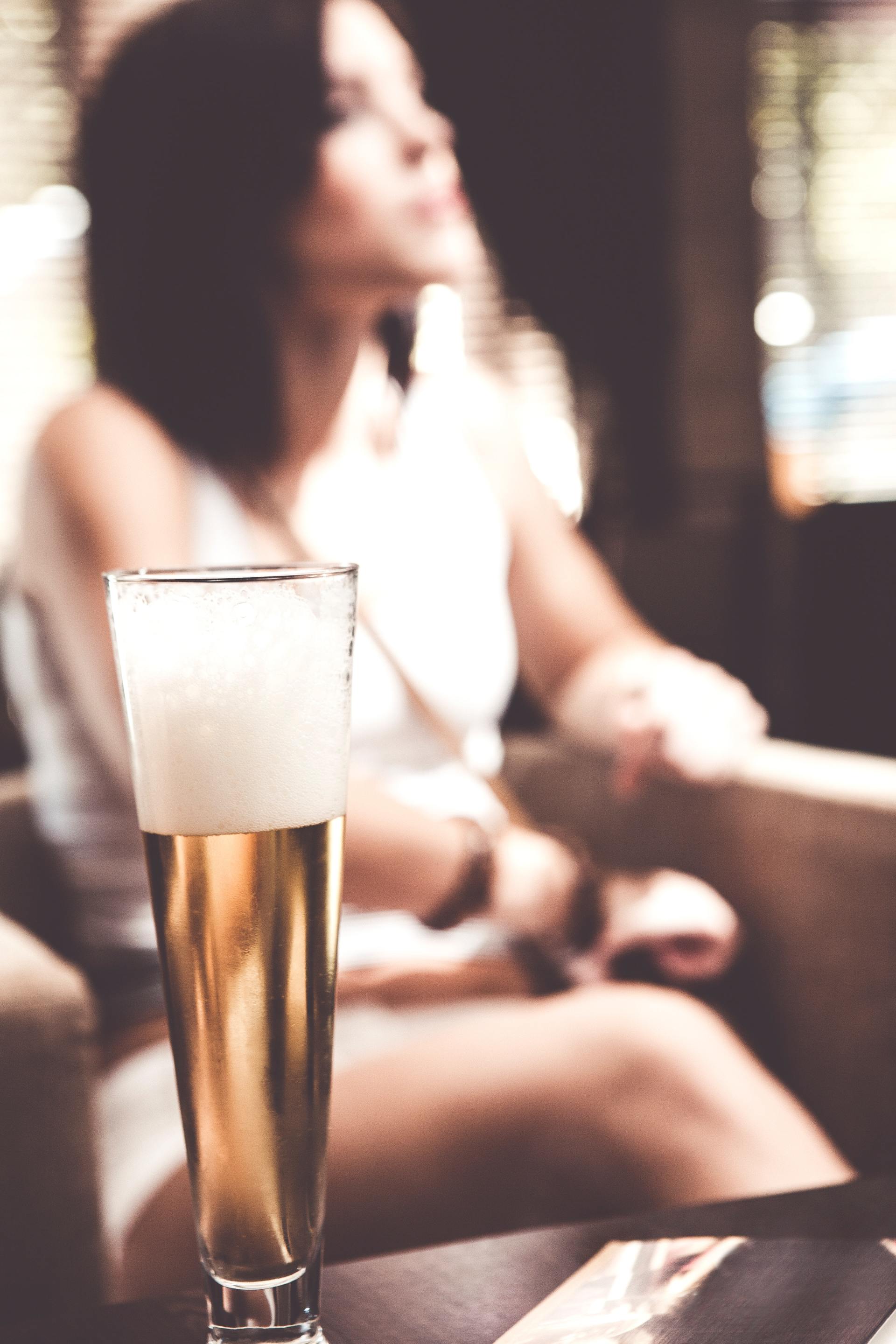
By Denis Bedoya | Health
•
15 Apr, 2019
Previously, Addyi came with a warning to stop drinking two hours before taking the pill, or to skip the pill if they’d had a few drinks. But on Thursday, the US Food and Drug Administration found studies conducted by the drugmaker, Sprout, showed no need for such a warning. Sexual health professionals hailed the shift as a win for women. The little pink pill was first approved in 2015, and remains the only FDA-approved treatment for hypoactive sexual desire disorder (HSDD) in pre-menopausal women. Unlike Viagra, which increases blood flow to a man’s penis, Addyi (the brand name for flibanserin) targets the brain with similar effects to an antidepressant. It boosts dopamine to gear up motivation and excitement, and dulls serotonin, the neurotransmitter which makes us self-conscious. The drug has plenty of critics: a significant portion of doctors say we do not know enough about female sexual desire to ‘fix it’ with one pill. The American Sexual Health Association, a 100-year-old nonprofit source of sexual health information, says HSDD affects a staggering one in 10 women – and ASHA CEO Lynn Barclay told DailyMail.com visits to the HSDD page on their website have been rocketing in recent years and months. However, many health professionals question whether HSDD is real. And there is growing concern about antidepressants in general, and how difficult they can be to wean off. This skepticism has created fertile ground for cannabis entrepreneurs, who thrive in grey areas of medicine, to market marijuana as a ‘natural’, less risky solution for women lacking libido. But plenty of sexual health practitioners and advocates say they are just happy to be able to provide women some tangible relief without caveats. ‘Women are really looking for information on this,’ Barclay said. ‘I think, unfortunately, women think that what’s happening to them only happens to them, and that there’s nothing to be done about it. But Addyi might be something.’ The reason an alcohol warning was slapped on Addyi in 2015 was because Sprout had not adequately studied the drug’s interaction with alcohol. As a result, the FDA allowed the drug onto the market but with a warning, and ordered the firm to conduct three post-approval studies, which is fairly common with drug and device approvals. Sprout conducted three studies. The first lasted a week, with 24 women taking either Addyi or a placebo, and on two of the days some had a couple of alcoholic drinks with dinner, then took their pill a couple of hours later. Sprout wanted to see if there was a risk of fainting; in this scenario, there wasn’t. The second involved 96 women, who had three drinks, didn’t eat much, then took Addyi in the morning. Again, there was no risk of fainting and blood pressure was stable, but some felt faint. The third saw 64 women take Addyi or a placebo for 10 days. On four of those days (days four, six, eight and 10) they had a couple of alcohol drinks varying hours before taking their pill. Again, there were no clear side effects. Dr Diana Zuckerman, president of the National Centre for Health Research, said the studies leave many questions unanswered. ‘Some women drink every day or almost every day, but the studies only include women drinking one or two drinks on some days but not others,’ Dr Zuckerman told DailyMail.com. ‘As a result, we don’t know what happens if a woman drinks daily or almost daily, whether or not any of those days are what would be considered excessive drinking.’ But the bigger question that still remains, Dr Zuckerman says, is whether Addyi really works well at all. Sales have been disappointing, driving Sprout to half the price in summer 2018. Dr Zuckerman believes this may have something to do with the fact that, even in the clinical trials, the drug did not work much better than the placebo. ‘The original Sprout studies only found a greater benefit than placebo when they changed the way they asked women to report their frequency of “satisfying sexual experiences”, using a less accurate measure,’ Dr Zuckerman said. ‘We think the poor sales of Addyi reflect the fact that it isn’t effective (in addition to the outrageous cost and concerns about alcohol). ‘Women’s loss of libido is an important health issue, but it might or might not be something that can usually be fixed with medication. ‘Taking Addyi every day is inconvenient and expensive, after the placebo effect wears off, why would any woman keep paying for a product that she realises doesn’t actually work?’


